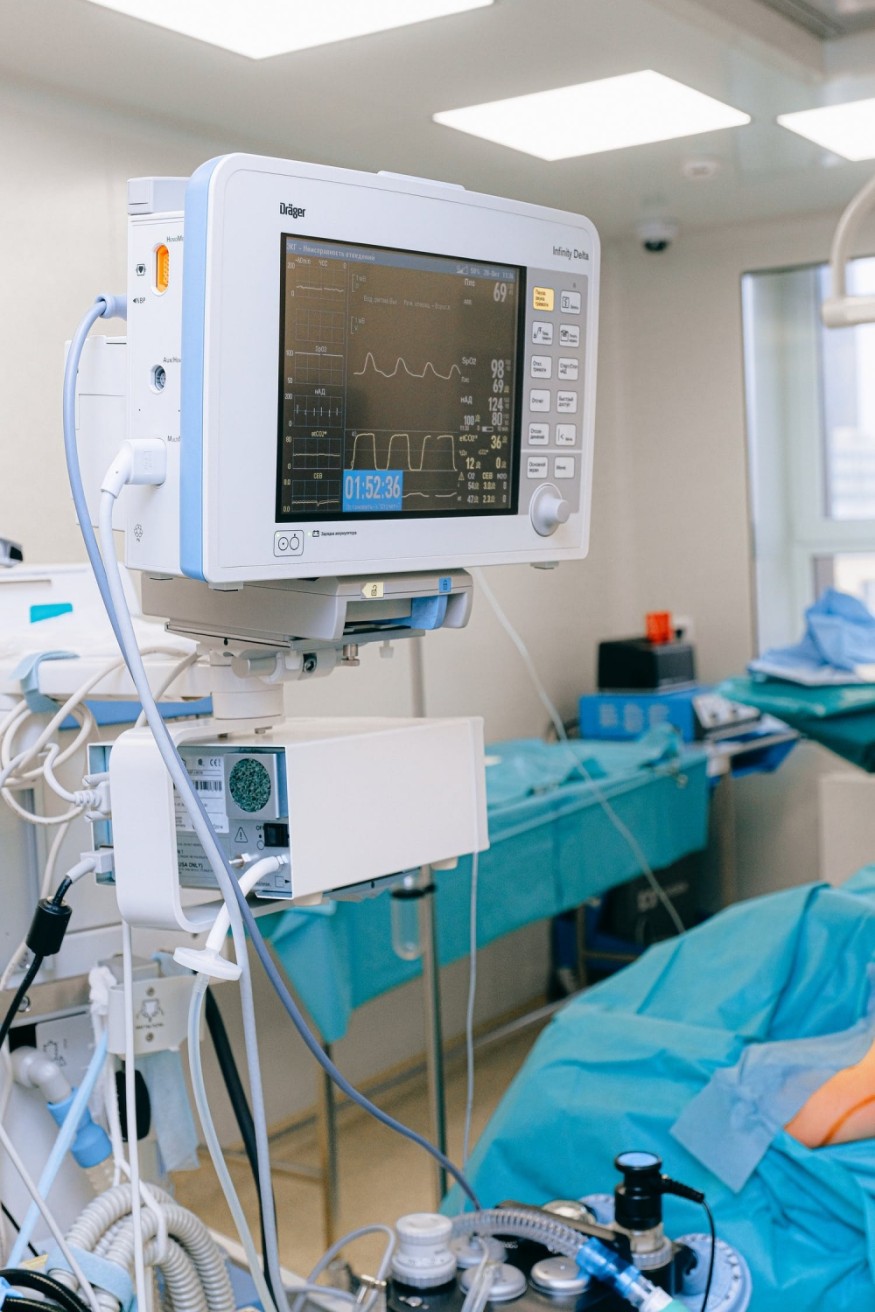
So far, there have already been over 150,000 mortalities from COVID-19. However, there are still no drugs that have been proven to cure the disease. Here are that options are available to clinicians in terms of drugs and treatment.
Drug and treatments trials
So far, over 150 drugs are being tested worldwide for possible treatment. Most are undergoing trials. The WHO or World Health Organization launched Solidarity clinical trials to assess the most feasible drugs or treatments. Meanwhile, UK's Recovery Trial is supposedly the most significant treatment trial effort in the world, where over 5,000 patients already took part. Aside from drugs, blood from survivors is also explored by research centers all over the world for treatment purposes.
Possible drugs
Three general approaches are being pursued in the search for drugs. Antiviral drugs affect the virus' capacity directly to continue in the body. The second approach looks at drugs that calm the body's immune system to help prevent it from overreacting and causing collateral damage to the body. The third approach is the use of antibodies from survivors' blood or the laboratory; the function of the antibodies is to attack and neutralize the coronavirus.
WHO's Bruce Aylward stated that remdesivir is currently the only antiviral drug that may be effective. It was initially intended for treatment of Ebola, except that other treatments proved to be more effective. Since then, remdesivir has shown promise in the treatment of SARS and MERS. Hopefully, it can also be effective in treating COVID-19. Trials from the University of Chicago have leaked about the effectiveness of the drug. Redemsivir is one of four drugs undergoing trial in the Solidarity clinical trials.
HIV drugs
Two HIV drugs, specifically ritonavir and lopinavir, are thought to be effective, but this has not been proven. There is evidence that they work in vitro, though they are ineffective in people. The drug combination had no effects on recovery, nor did it reduce mortality or viral loads in patients. However, since the drugs were given in extremely ill individuals, the disease stage may have been too advanced so that they were no longer able to treat the patients.
Malaria drugs
Drugs that treat malaria are also included in clinical trials. Hydroxychloroquine and chloroquine could have immune-calming and antiviral properties. They have been proposed as potential treatments mainly because of the claims of President Trump. There is little evidence that they are effective, however. Hydroxychloroquine is being used for treating rheumatoid arthritis due to its ability to regulate the body's immune system.
There is evidence that hydroxychloroquine has an inhibiting effect on the virus in vitro. Doctors have also seen anecdotal evidence that there are beneficial effects in patients.
Immune drugs
An overreacting immune system will cause inflammation in the body, which rallies it to fight infection. However, it can cause too much collateral damage and be deadly.
The Solidarity clinical trials are currently investigating interferon beta. It lowers inflammation and is used for treating multiple sclerosis. Meanwhile, the Recovery Trial is also investigating dexamethasone, a steroid that also reduces inflammation.
Survivors' blood
Patients who have survived COVID-19 have antibodies in the bloodstream that are specifically produced to attack it. Their plasma, which contains the antibodies, may be injected into patients to give them a fighting chance. This "convalescent plasma" has treated 500 patients in the US as well as patients in other countries.
Conclusion
Results from trials may be available after a few months, which is earlier than the production of an effective vaccine. Testing drugs that are already known for their safety and effectiveness are sure to yield faster results than creating a vaccine from scratch. Experimental drugs can be expected to take more extended testing.
© 2025 NatureWorldNews.com All rights reserved. Do not reproduce without permission.





